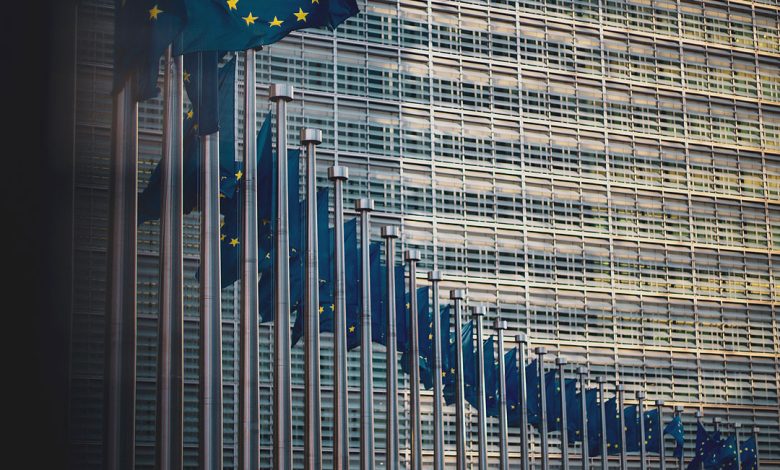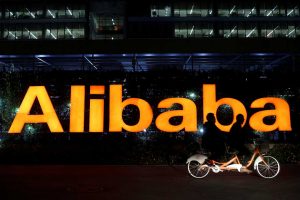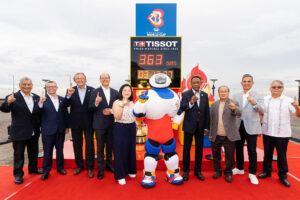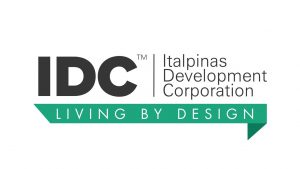Recover faster with the European Union

The world economy has made great strides in its battle with the COVID-19 pandemic for the past two years.
Vaccination of a large part of the global population has allowed economies to reopen. The International Monetary Fund (IMF) projects the global economy to grow by 5.9% in 2021 and 4.9% in 2022, far from the -3.1% recorded in 2020.
This is not to say we have beaten the virus and the ills that it has brought. Far from it.
Latest data from the World Health Organization (WHO) show that by early December 2021, there have been over 263 million confirmed cases of COVID-19 globally, with more than 5 million deaths. Every day presents new or lingering challenges.
While over 8 billion vaccine doses have been administered worldwide, divergences are widening by the day, caused by different countries’ unequal access to vaccines. Countries with greater financial resources and access to COVID-19 vaccines and policy support are expected to recover more quickly.
From time to time, various variants emerge, making our journey to the next normal protracted and complicated. Just as we seem to have contained the Delta variant, today the world is on guard for the spread of the Omicron variant, first detected in South Africa.
Here at home, the pandemic and pandemic-related concerns remain. Among these are COVID-19 surges, unemployment and underemployment, inflation, rising debt, and poverty. While restrictions were significantly eased last month and the economy seems to be improving from its state last year, sustained growth is still uncertain, given the emergence of new COVID-19 variants and the anticipated lockdowns to contain them.
How do we ensure the Philippine economy stays resilient amid the uncertainty?
One foolproof move seems to be the strengthening of cooperation with our long-standing economic partners, such as the European Union (EU).
There is much room for improvement here. Philippine economic growth has been traditionally consumption-led, and we believe this is an opportune time to start the shift to becoming an investment-driven economy. This will scale up the country’s role in the global supply chain as we take more meaningful efforts towards economic sustainability and addressing environmental risks.
Our think tank, the Stratbase ADR Institute, partnered with the Delegation of the European Union (EU) to the Philippines in two of the five sessions of our recently concluded Pilipinas Conference 2021. The virtual conference brought together thought leaders from the government, business sector, academe, and civil society.
The two sessions with the EU Delegation were anchored on the aim of contributing to national discussions, shaping Philippine foreign policy, and strengthening EU-Philippine cooperation, especially in terms of improving trade relations and pushing for a green economic recovery.
Dr. Ana Isabel Sánchez Ruiz, the Deputy Head and Head of Political, Press and Information Section of the EU Delegation to the Philippines, emphasized the need for the Philippines to adopt reforms and policies that will lead the country toward a resilient and sustainable recovery. She noted that the Philippines is the only ASEAN country with GSP+ trade preferences with the EU — clearly a competitive advantage.
“We heal together and recover together. With all the challenges going on around us, let us accept efforts to create a level playing field and opportunities for industries and sectors for more players to be able to participate, to provide more choices to consumers, and to promote a sustainable approach to trade,” she added.
EU-ASEAN Business Council Executive Director Chris Humphrey maintained that European companies think that ASEAN is a great place to invest in. “The opportunities are massive; the market is massive. Positioned correctly, you should be making sure you are a natural choice for businesses to come and invest in,” he said.
European Chamber of Commerce in the Philippines President Lars Wittig also noted that investments are seen to be much more resilient in the Philippines than in other comparable countries in the region.
Trade and Industry Secretary Ramon Lopez said sustainable development is an overarching agenda in all trade engagements of the Philippines. He welcomed closer engagement with the EU in this area, possibly through the resumption of the PH-EU Free Trade Agreement or FTA negotiations. He also underscored the need for the country’s trade and investment policies to be more people-centered and promote inclusive growth.
Maurizio Cellini, the First Counsellor and the Head of Trade and Economic Affairs of the EU Delegation to the Philippines, said it is essential to gather science, industry, and public donations to speed up the work and leverage all available resources through heightened cooperation between the EU and the Philippines. Such should help create green jobs amid a green resilient economy.
In support of this global initiative, Bangko Sentral ng Pilipinas Governor Benjamin Diokno said that the Philippine financial system is keen on integrating sustainability principles in their entire operations and in assessing their clients’ businesses’ environmental impact.
In the same vein, Department of Environment and Natural Resources Undersecretary Analiza Teh said that the Philippine government will pursue sustainable financing and the integration of sustainable production and consumption across interconnected value chains in the country.
The collective show of strategic support from a global partner like the EU, as well as assistance from government agencies and civil society, should fast track significant returns for the common good. These gains can address concerns on climate change, public health and sustainable development in the long-term.
Complex, long-standing and far-reaching issues cannot be addressed by a single player working alone. Only the collective effort of different stakeholders with nuanced perspectives and approaches can help us sustainably manage and solve these challenges.
Victor Andres “Dindo” C. Manhit is the president of the Stratbase ADR Institute.




